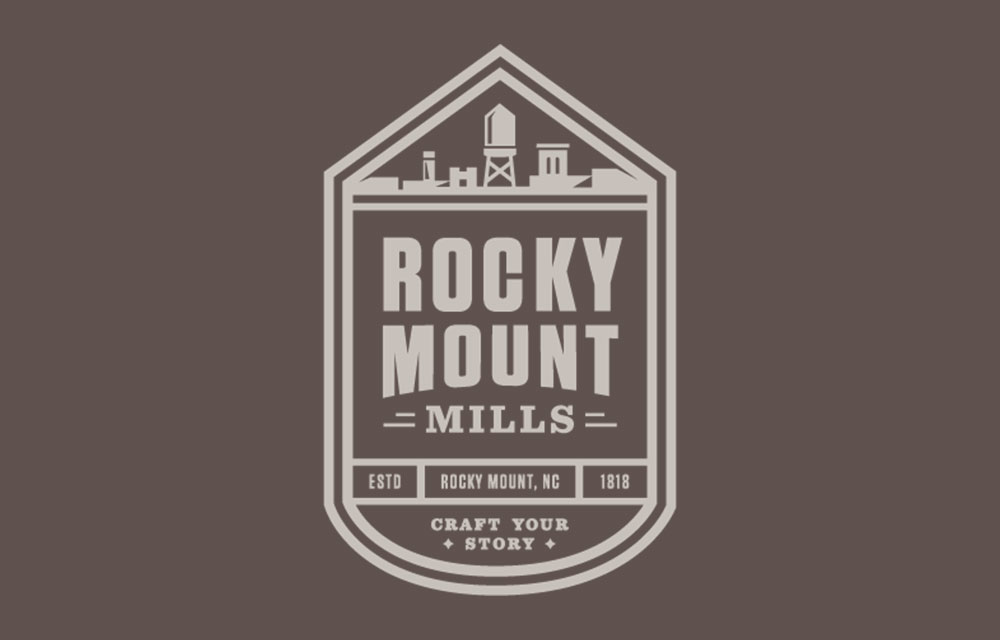Shop
This Brewery Incubator Wants to Make You a Professional Brewer
North Carolina's Rocky Mount Mills provides turnkey systems for aspiring brewmasters.
The brewery incubator at Rocky Mount Mills in Rocky Mount, North Carolina, will be one of very few of its kind.
Each brewery space in the Mills will be equipped with 750 square feet of tasting space, a 10-barrel brewhouse, two 20-barrel fermenters, and four 10-barrel fermenters. There’s dry and refrigerated storage and customizable options for the brewers per request. Outside, there’s a beer garden, three restaurants, a bottle shop and a concert venue. And all of this is just walking distance from the project’s newly-built apartments. Brewers are only required to pay their lease of the space and additional usage fees as necessary.
This addition to the area of North Carolina, known as “the Triangle” to natives, welcomes transplants and newcomers in search of an opportunity and locals seeking economic resurgence.
For one NC-native, Cameron Schulz, returning to the Rocky Mount area was both a homecoming and a surprise. Schulz is one of the first brewers to solidify a lease in the Rocky Mount Brewmill. His brewery, HopFly Brewing Company, is yet to open, but he’s already been finalizing details.
“I grew up in the Triangle,” he says. “I graduated from Duke, so this is sort of a homecoming story. I’ve got my mom helping, dad helping, and it’s been great to rekindle my connection to the area.”
For the past six years, Schulz has been working in a corporate retail setting in Columbus, Ohio. He began home-brewing the winter after graduating.
“My path towards starting my own brewery began with one of those Mr. Beer kits,” he says. “After reading the packaging and finding some information on the internet, I returned it to the store so I could do the real thing, which for me, meant a 5-gallon batch of extract brew on my stovetop.”
Over time, he moved from stovetop to home-built 10-gallon HERMS system in his garage. Still, the dream of opening up a full-fledged brewery seemed far away.
The Mills changed that. Brewers who come into the space are only required to pay a lease on space and supplies, giving them the time and finances to focus on other areas of the business.
“Every little hassle that brewers usually deal with during setup, they take care of it,” says Schulz, referring to developers behind the project “The quality of the beer is my number one priority right now. A lot of brewers’ time and funding is eaten by setup, but I’m fortunate enough to focus solely on my recipes and the final menu.”




